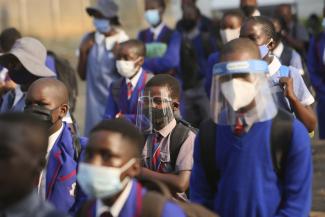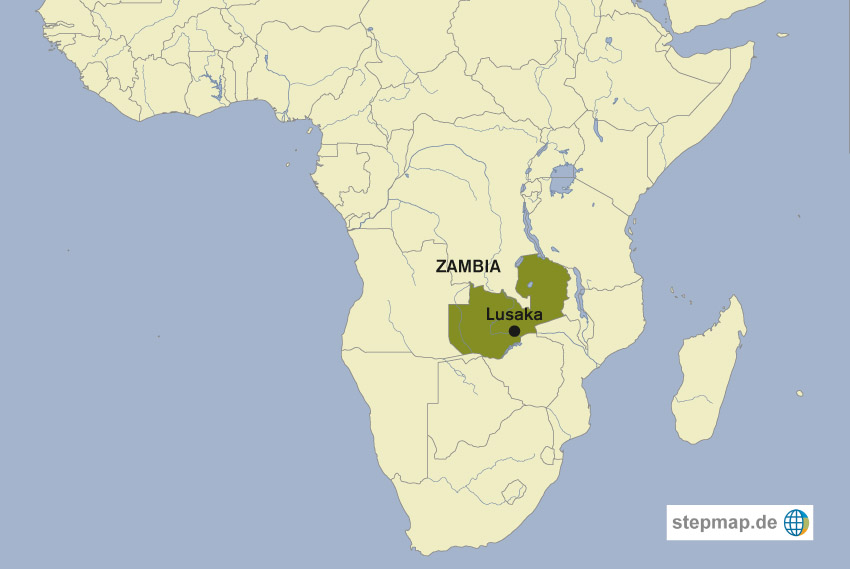Remote schooling
New useful tool for remote learning

Zimbabwe’s schools were shut down in March 2020, when the country recorded its first death. At the time, the government imposed a nationwide lockdown to slow the spread of the Covid-19 pandemic. With Coronavirus cases being contained in October, the government gradually opened schools again. It reversed this policy in January, however, in view of surging case numbers.
Some schools have since introduced online learning as an alternative. However, not every student is equipped to attend lessons on digital platforms. It matters that Zimbabwe is experiencing its worst economic crisis in decades. Hyperinflation is compounding poverty. Most parents cannot afford to buy internet data, and many students do not have laptops.
In this setting, Hama came up with the idea of a WhatsApp bot providing educational materials to both students and teachers. A bot is a computer programme that performs repetitive tasks largely automatically. Examples of bots include web crawlers of internet search engines. They automatically visit websites, following the available links and evaluating the content of the pages.
Hama took part in a competition after the Topflights Arts and Science Conference had invited pitches. The student won $ 1000 in funding, and next approached the UN Educational, Scientific and Cultural Organization for support. UNESCO hired a professional developer to help him to realise his dream. The bot is called “Dzidzo Paden|Imfundwe’ndlini”. This name means: “Learn in the comfort of your home.”
The chatbot distributes academic materials such as past exam papers and marking schemes. They help students to prepare for primary and secondary examination classes in Zimbabwe. The service is easy to use and can potentially reach 5.2 million WhatsApp users in Zimbabwe, according to UNESCO estimates. WhatsApp is the most common smartphone messaging platform in the country. One of its advantages is that it does not require an internet connection all the time. As Hama points out, it is thus much more accessible than normal online classes.
Potential for growth
Hama says the chatbot is currently being accessed by over 25,000 people in Zimbabwe. He hopes the number will rise to at least 100,000 by the end of this year.
Hubert Gijzen, UNESCO’s regional director for Southern Africa says, digital technology presents a unique opportunity to serve as a medium for the transmission of educational and academic information. “This way, information and knowledge can go viral and spread faster, particularly as learners are preparing for their final examinations,” he says.
According to the UN Children’s Fund (UNICEF), hundreds of millions of children and teenagers in low- and middle-income countries have lost access to formal education since the start of the pandemic (see Claudia Isabel Rittel in our Covid-19 dairy in D+C/E+Z e-Paper 2020/10).
Farai Shawn Matiashe is a journalist based in Mutare, Zimbabwe.
matiashefarai@gmail.com
Twitter @ZuzeShawn














